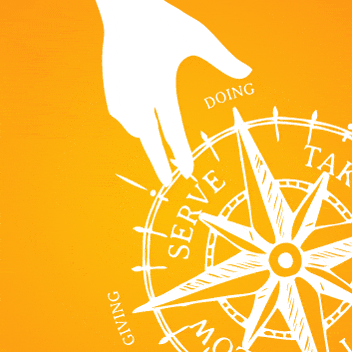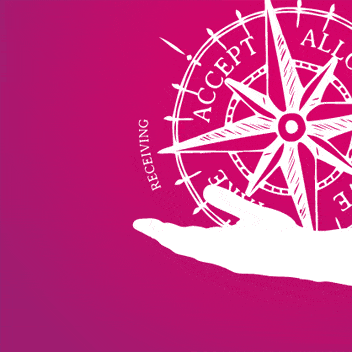
How to ask for consent – the 6 essential words you need
If you want to ask for consent, or create consent, there are really only 6 essential words you’ll need. But before we get to those let’s look a bit deeper at what it actually means when you ask for consent.
Consent is not just about sex, it’s everywhere
When we hear the word ‘consent’ many of us will automatically think of it in the context of sex. That’s how it’s often spoken about in the media, and high-profile movements like #MeToo have focused well-deserved attention there.
If you type ‘how to ask for consent’ into a search engine – you’ll get results ranging from sexual violence support, to health advice for teens, to 35 sexy ways to ask for consent.
It’s easy to forget that consent is actually something we have to navigate in almost every area of life (ever had an over-huggy Granny, or a demanding boss?)
If you want consent in the bedroom it helps to learn how to have it everywhere else too.
Consent is more than permission
When we talk about how to ask for consent it’s often framed in terms of giving permission. When you give permission it usually comes down to a ‘yes’ or ‘no’. (“Yes, you may hug me Granny – if you really must!”; “No, boss, you may not add another weekend shift to my work roster!”)
But the reality of navigating interactions is not always that binary.
Don’t just ask for consent – agree on it
The Wheel Of Consent broadens our understanding of giving and receiving. So consent becomes about more than just getting permission, it becomes about creating agreements.
Agreements may conjure up visions of complicated contracts or negotiations. And it’s true sometimes it can really help to get as much detail as possible about what will or won’t happen.
But essentially all you really need to create an agreement is a combination of 6 words…
The 6 essential words you need to ask for consent?
- May I?
- Will you?
- Yes.
- No.
That’s it!
Those 6 words between them will give you the opportunity to get clear about whether you’re requesting something you want for yourself…
‘May I take your last piece of chocolate?’
‘Will you rub my shoulders?’
…or whether you’re responding to a request with how willing (‘yes’) or unwilling (‘no’) you are.
(Even if knowing whether to say ‘yes’ or to say ‘no’ can be tricky in itself!)
REMEMBER: ‘no’ is a complete sentence. It doesn’t need an explanation, and if you hear it it’s not an invitation to keep asking until you get a ‘yes’!
Consent is about more than the words
Of course, all of this is just the beginning of the story when it comes to consent. And there are lots of other educators out there with amazing resources to help you navigate consent in different ways and in different contexts – from sex, to social justice, to the workplace, and more.
But when you start to use those 6 little words, you may be surprised by how many places you find they come in handy!
(with thanks to Alison Pilling at sexschoolforgrownups.com for the inspiration for this distillation!)
The quadrants
Each quadrant in the Wheel Of Consent creates a different experience and teaches you something different about yourself. Learn more about each one:
Enjoyed reading this?
If you've found this page helpful you can get more tips and resources for better relating straight to your inbox. Sign up here and get my free How To Be Heard guide to start you off:
Explore more:
A simple approach to consent and boundaries
If you feel overwhelmed by the idea of consent and boundaries here are some simple things to focus on which will make it easier to understand.
Read MoreWhy are we so scared of talking in the bedroom?
Talking in the bedroom is often viewed as ‘dirty’ or avoided completely. Find out why it’s time to change that narrative.
Read MoreGiving and receiving explained – 6 key ways to tell the difference
If you think giving and receiving don’t need to be explained you might be surprised by this handy guide that breaks down the differences
Read MoreEvents & courses
Learn To Touch – Supported Self Study Course
Online. Discover a whole new approach to touch that will change how you feel – literally! A short, affordable, practical guide you can learn in less than an hour a day.
Read More







